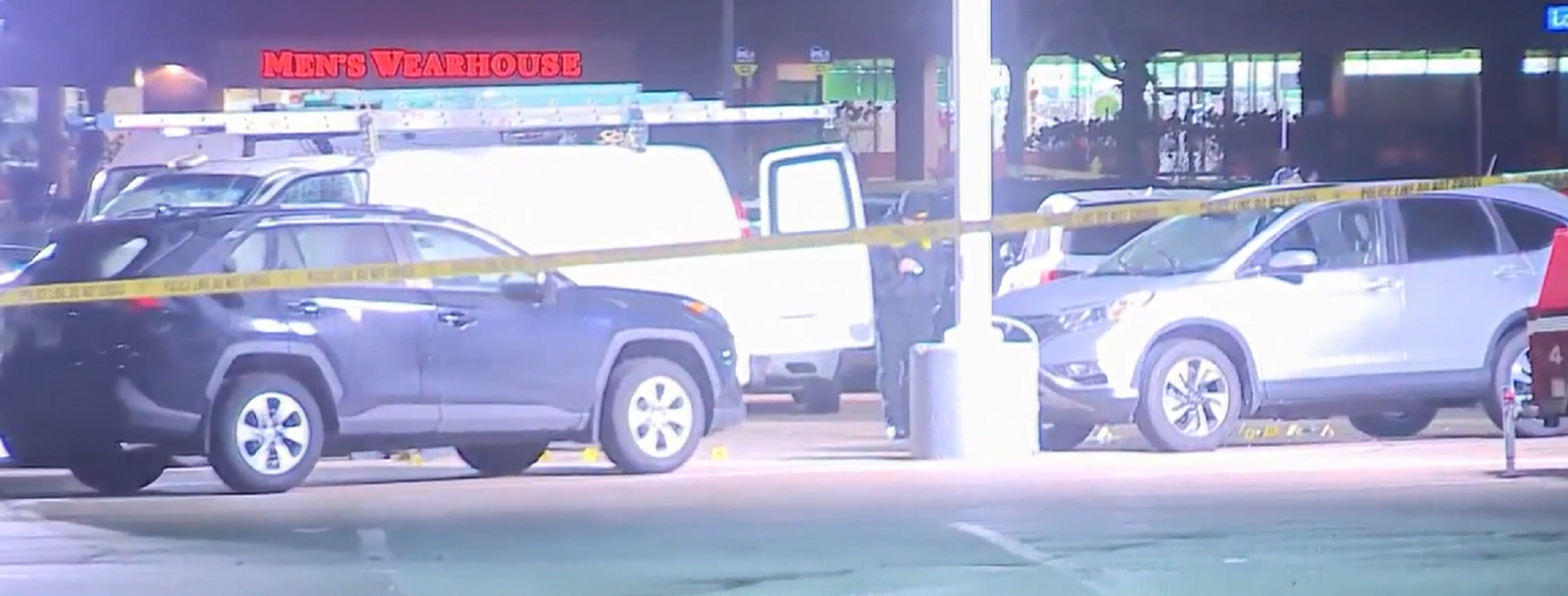State and local election officials say they have made a massive investment in election security in advance of the 2020 Illinois primary.
Looming large in everyone's minds, the fact that the state was the first to be hacked during the 2016 election. Intelligence officials say Russian "trolls" broke into the state's election database, and stole the personal information, including names and addresses, of thousands of Illinois voters.
"The troll farm in St. Petersburg is robust," said Chicago Congressman Mike Quigley. "And they have extraordinary capabilities that we need to be mindful of."
Chicago election board chairwoman Marisel Herndez said her agency has invested heavily in security measures since the 2016 hack, including over $18 million for new voting machines.
Those new machines, which will also be used in suburban Cook County, will still will feature a paper ballot on which voters will fill in bubbles for their selected candidates. But when ballots are then fed into a scanner, new devices will not only count the votes, but will save an image of the ballot itself.
"Even if later there was some tampering or loss of that ballot, there's an image of every ballot that's cast," said election board spokesman Jim Allen.
Most western intelligence agencies have agreed the 2016 hack was perpetrated by aggressive actors in Russia. While no votes were actually stolen and the election was not actually compromised, conventional wisdom is that the aim was simply to erode confidence in the security of American elections.
Local
"What I'm worried about is the public losing trust in their vote," said governor J.B. Pritzker. "We're being vigilant."
Quigley was intrumental in a $425 million appropriation to fund improvements in election security nationwide. But even he says that's a drop in the bucket, compared to the $3.5 billion congress appropriated after Florida's "hanging chad" election, to improve election technology.
That, of course, was the Bush vs. Gore election of 2000. And that "new" equipment purchased in the aftermath, is now considered very old. Quigley noted there are some 10,000 election entities nationwide (including 108 here in Illinois), some can't handle new security software, and at least 13 states don't have paper backups to certify actual votes.
"The Russians are here, the Russians never left," Quigley said. "And they'll be with us leading up to this election."



